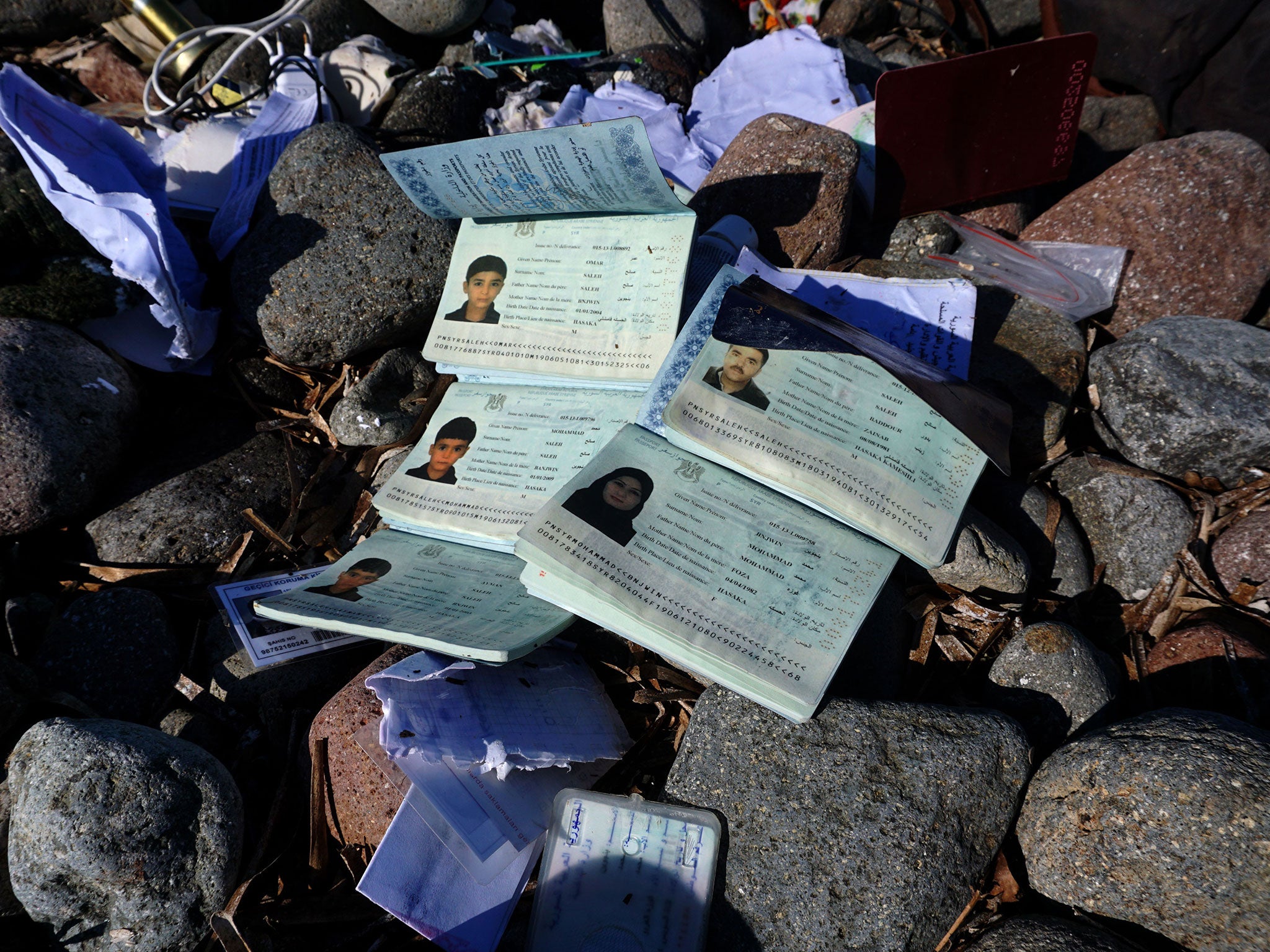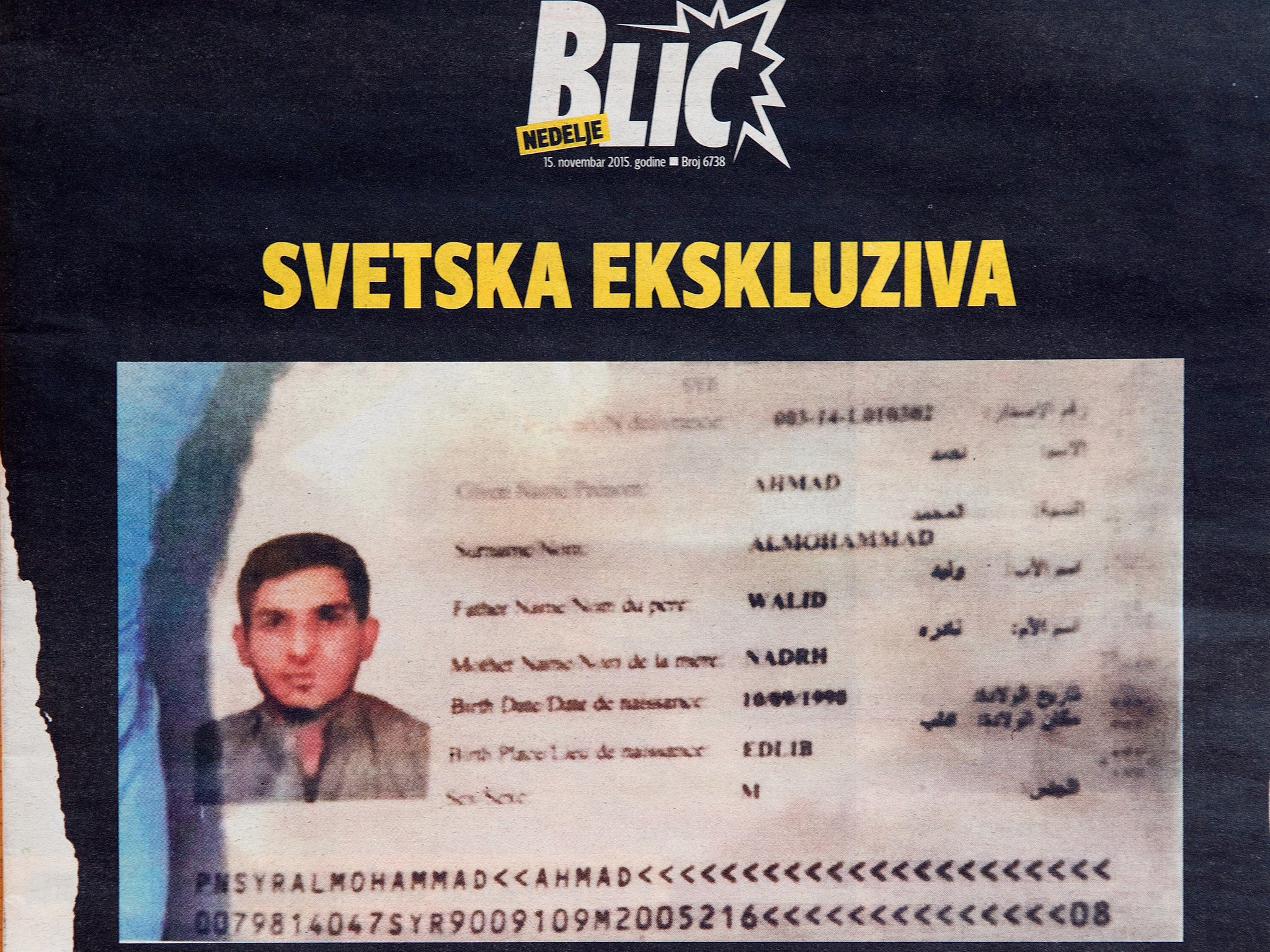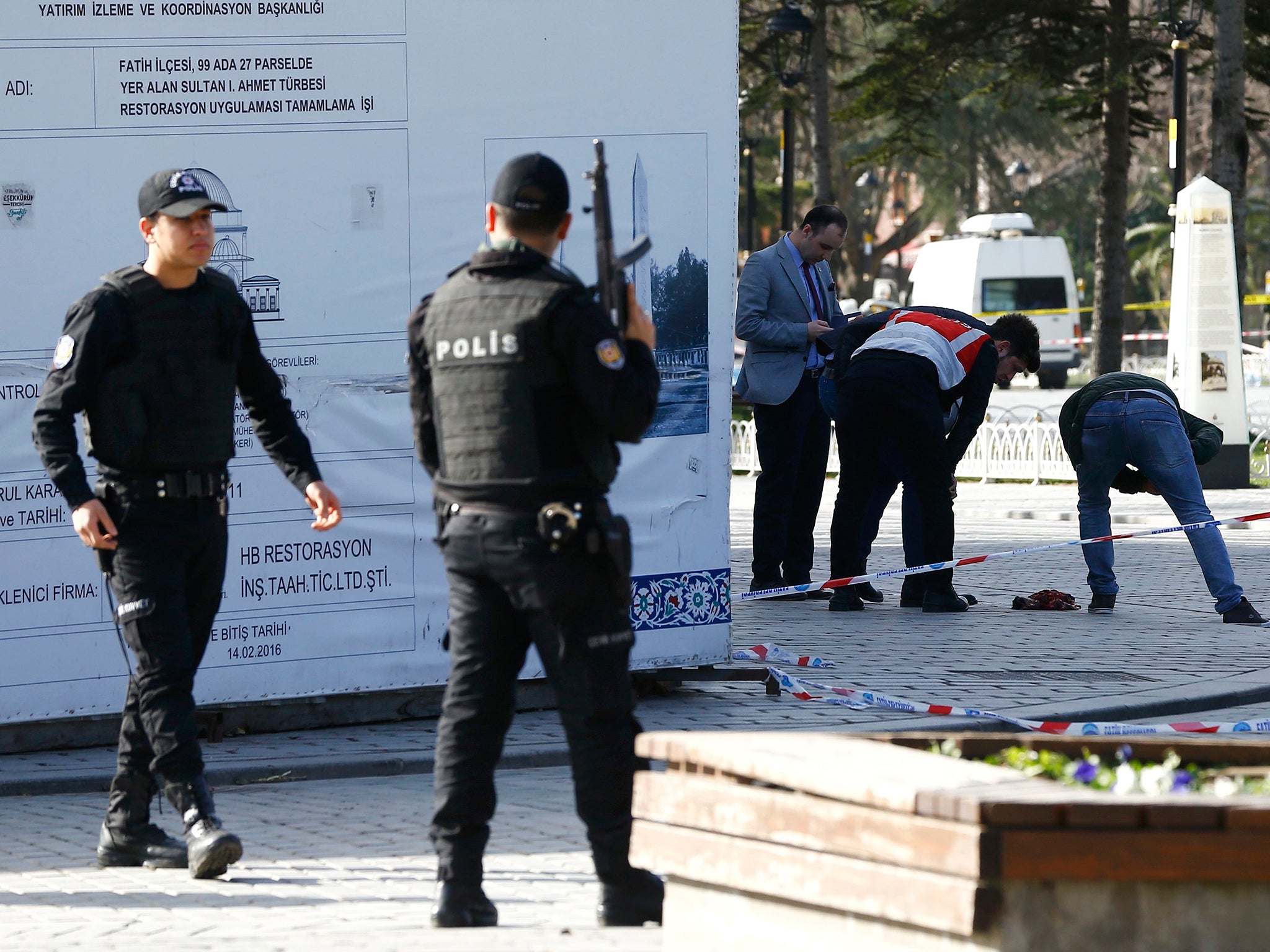Isis: Up to 5,000 jihadists could be in Europe after returning from terror training camps abroad
The director of Europol said there was no evidence of Isis 'systematically' using the refugee crisis

Your support helps us to tell the story
From reproductive rights to climate change to Big Tech, The Independent is on the ground when the story is developing. Whether it's investigating the financials of Elon Musk's pro-Trump PAC or producing our latest documentary, 'The A Word', which shines a light on the American women fighting for reproductive rights, we know how important it is to parse out the facts from the messaging.
At such a critical moment in US history, we need reporters on the ground. Your donation allows us to keep sending journalists to speak to both sides of the story.
The Independent is trusted by Americans across the entire political spectrum. And unlike many other quality news outlets, we choose not to lock Americans out of our reporting and analysis with paywalls. We believe quality journalism should be available to everyone, paid for by those who can afford it.
Your support makes all the difference.Update, 9 June: Mr Wainwright has since stated he was misquoted in the original article by Neue Osnabrucker Zeitung. Europol estimates that between 3,000 and 5,000 EU nationals have fought abroad but it is not clear how many have returned to the EU. Read more here
Up to 5,000 jihadists are feared to be in Europe after returning from terrorist training camps, the head of Europol has said.
Rob Wainwright, director of the EU-wide law enforcement agency, predicted further attacks by Isis following the massacres in Paris that killed 130 people in November.
“Europe is currently facing its biggest terror threat in more than a decade,” he told Germany’s Neue Osnabrücker Zeitung newspaper.
“One can expect Islamic State (Isis) or other religious terror groups to stage an attack somewhere in Europe with the aim of achieving many casualties among the civilian population.
“Additionally, there is the risk of individual attackers – this has not reduced.”
Europol estimates that there are between 3,000 and 5,000 Europeans who have travelled to terrorist training camps abroad, including those run by Isis in its territories in Iraq and Syria, and returned home.
Several of the Paris attackers slipped back into the continent by using fake documents to pose as refugees, travelling along the well-trodden route via Turkey, Greek islands and up through the Balkans, raising fears that Isis was using the crisis to traffic its fighters.
"The growing number of these foreign fighters presents new challenges for EU countries,“ Mr Wainwright said.
But he confirmed that there was no concrete evidence of the group “systematically” using the refugee crisis to infiltrate the continent, adding that Europol’s new European Counter Terrorism Centre to boost intelligence co-operation.
At least 700 people from the UK have travelled to support or fight for jihadist groups in Syria and Iraq, according to police, and about half have since returned.
A senior British intelligence official said last month that it had become “virtually impossible” for security officials to detect potential terrorists among refugees as the use of fake passport continues.

Isis is known to hand out counterfeit Syrian and Iraqi documents to disguise its recruits as they enter the continent, often via Turkey and Greece.
That was the route taken by at least two of the Paris attackers, including one whose fake Syrian passport was left at the scene of the Stade de France suicide bombings.
All members of the terror cell who carried out the massacres are believed to have trained with Isis at its stronghold of Raqqa before making their way into Europe.
The suspected ringleader, Abdelhamid Abaaoud, used Isis’ propaganda magazine to boast of his travels between Belgium and Syria “despite being chased after by so many intelligence agencies”, although the article did not specify the method.
A suicide bomber who killed 10 German tourists in Istanbul on 12 January had also entered Turkey from Syria as an “ordinary migrant”, the country’s Prime Minister said.

The man, carrying documents claiming he was Syrian and born in 1988, had registered with a refugee agency and provided fingerprints
Manuel Valls, the French Prime Minister, said Isis was “taking advantage” of the refugee crisis and called for the EU’s external borders to be strengthened.
The UN’s former High Commissioner for Refugees, António Guterres, has urged countries not to use the threat of terrorism to turn their back on the hundreds of thousands of asylum seekers continuing to flee conflict and persecution.
“It is not the refugee outflows that cause terrorism, it is terrorism, tyranny and war that create refugees,” he said.
“It is clear that the Daesh (Isis) strategy is not only to set Europeans against refugees, but within Europe, to set citizen against citizen within communities, community against community within countries, and country against country in the Union.”
Join our commenting forum
Join thought-provoking conversations, follow other Independent readers and see their replies
Comments